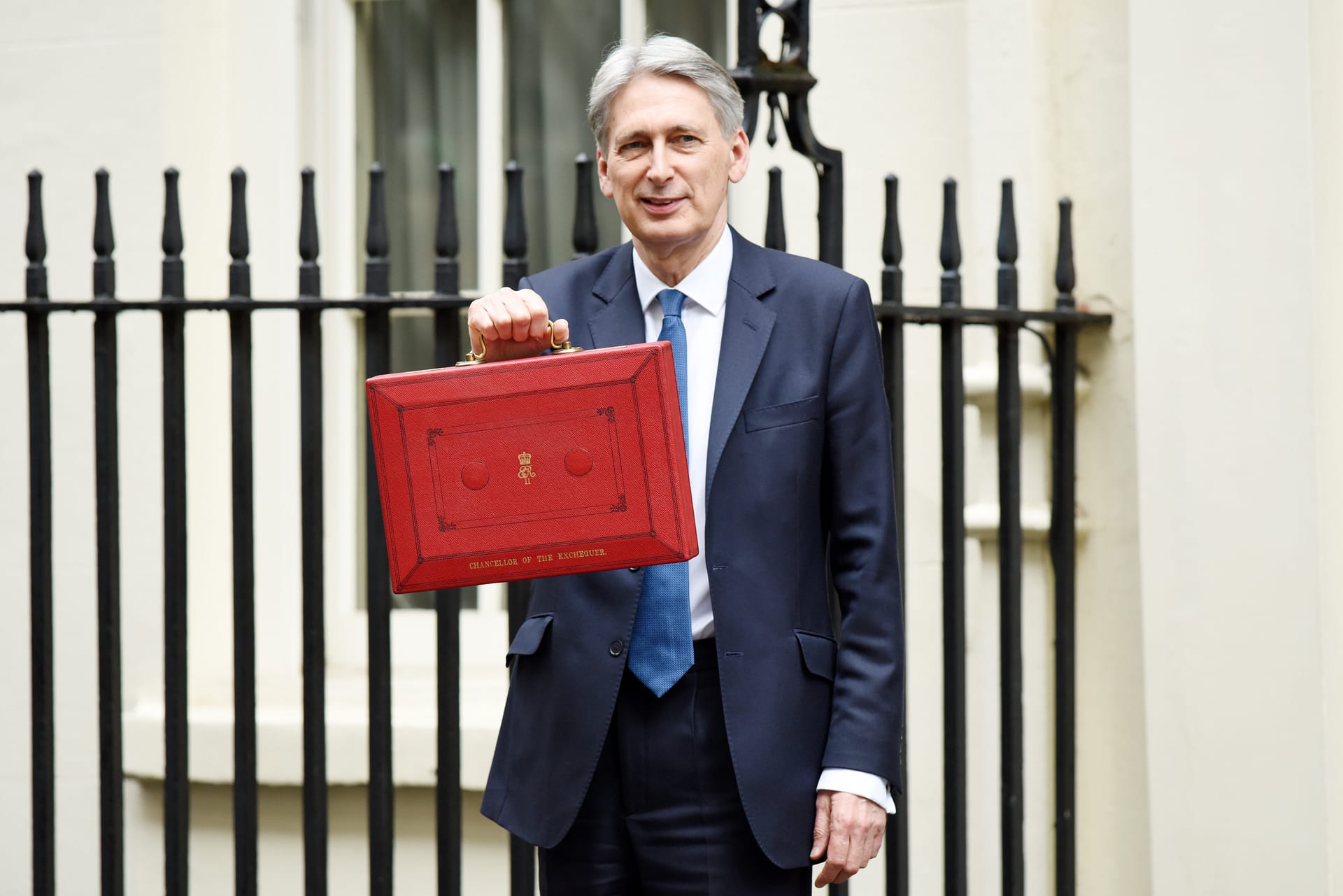Brits suffered a sharp decline in happiness under lockdown – but are now on the path to a fast recovery, according to a study by the UK’s largest independent media agency the7stars.
Happiness levels hit a record low in May, when the UK was still suffering the full force of lockdown measures.
In the nationally representative survey of 2,000 UK residents aged 18 plus, 55% felt less happy in May this year compared to 24% who felt less happy in May 2019. This was the lowest level of happiness since the 7stars started measuring consumer happiness in 2016.
However, happiness levels jumped by 11% in June: the same point at which groups of six people were given the go-ahead to meet up together outdoors and in household bubbles, and shops reopened.
In addition, certain groups experienced this “happiness rebound” more acutely than others.
Happiness levels among generation Z (those aged 15-25) surged by 36% in June, while those living in London also experienced a 28% jump in positive feelings compared to May. Parents of young children were also 32% happier than in May.
Groups who continued to feel less happy despite lockdown easing included parents of teens (49% felt unhappy), over 55s (48% felt down), peaking among people in rural communities – where 49% continued to feel blue.
According to the 7stars’ Helen Rose, who conducted the survey, the fact that consumer unhappiness peaked in May isn’t surprising; “By the end of May we’d experienced two full months of lockdown and there were two bank holidays where fun was severely limited. It’s not surprising that Brits were fed up.”
“Going into June with restrictions especially around socialising starting to ease, happiness levels improve across the board. It’s significant that happiness peaks for those groups who experience most change as the result of lockdown lifting. Gen Z are able to move forward with their lives including education and socialising; parents of young children are able to go out more and get help from friends and family, while people in London can capitalise on life in the city rather than being shut indoors.”
“Conversely, groups who continue to be less happy – such as parents of teens – aren’t yet benefitting from the easing of lockdown – most schools aren’t back fully until September.”
From a psychologist’s point of view the findings are also interesting. According to happiness expert Dr. Andy Cope said, “When faced with a traumatic event like coronavirus, we are actually far more resilient than we think. An individual’s happiness tends to have a ‘set point’ so a tailspin of anxiety and stress will eventually correct itself as we return to pre-COVID levels of wellbeing.
From the outset of lockdown Cope was concerned about the language of ‘social distancing’. “It’s no coincidence that happiness levels surged at the exact same time we were able to see other people,” Cope added.
“Human beings are social animals. Isolation and prolonged social distancing is a recipe for mental ill-health. Longitudinal research shows that close social relationships are the number one factor when it comes to feelings of happiness and positivity.
“The data is also good news for anyone still feeling anxious about the fallout from coronavirus.
“It’s reassuring to know that, just like anything else in life, happiness comes and goes. While it may feel out of reach right now, there’s no reason for it not to return again, and fast, when conditions allow.”





Leave a Comment